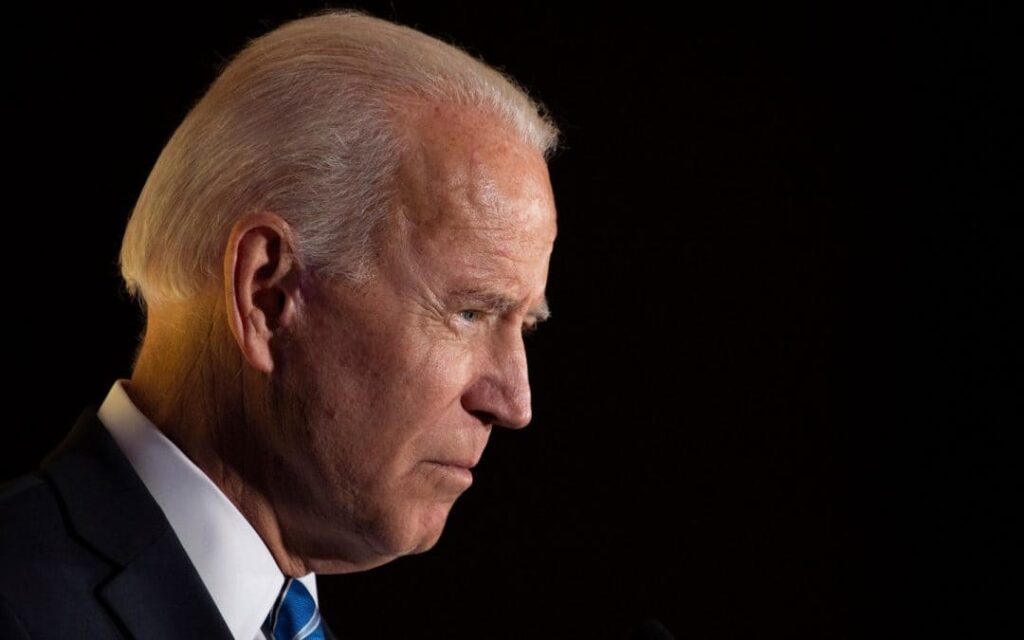
President Biden’s Promise: A New Immigration Bill on the Horizon
The Trump administration made restricting immigration one of its main goals over their four years in the White House. Now, the job falls to President Biden to undo the harm that was caused by restrictive policies. Fortunately, with Democrats taking a majority in both the House of Representatives and the Senate, there is reason to feel hopeful. President Biden will have sympathetic audience in Congress which will aid him in enacting positive immigration reform. Mr. Biden has warned that the type of change they want to enact will take time to become a reality. This is due to both the overwhelming number of policies enacted over the past four years as well as logistical challenges of managing the chaos those policies will leave behind. It is no doubt a priority for the incoming administration to create positive and lasting change for immigration. While immigration reform is a challenging task by itself, the Coronavirus pandemic makes it far more difficult. Therefore, the timeline for these changes will likely be longer than many hope for. Still, over the next four years, we could realistically see many policies put in place to improve the quality of life for Immigrants in the United States.
One article of legislation that has a realistic chance of becoming law is the DREAM Act, one of the most anticipated immigration bills over the last twenty years. It has been introduced many times in Congress but has never successfully been passed. The bill would finally provide permanent protection for “Dreamers”, or children who were brought to the United States by undocumented immigrants. While the Obama-era program Deferred Action for Childhood Arrivals (DACA) was a start, repeated court challenges have called into question the program’s longevity. While it has survived the Trump administration’s multiple attempts to curb or outright end it, a long-term and stable solution is necessary. Assuming the new version of the DREAM Act is similar to the older versions, it would provide a path to permanent residency for these childhood arrivals. President Biden has promised to introduce an immigration bill immediately after taking office. Hopefully this means we will see a new version of this bill introduced soon after Mr. Biden takes office. There are also hopes that legislation will be introduced to give all undocumented immigrants a path to citizenship, though at this time it is unclear what that would look like.
The more difficult work will come when addressing the issues of asylum and refugees. The Trump administration has all but eliminated these programs and in doing so has created a massive backlog of cases waiting to be adjudicated. The current average wait time to have an asylum hearing is approaching three years. Combined with the wait in Mexico policy, asylum is not a realistic option in the United States as it exists currently. Mr. Biden has warned that removing the restrictions on asylum will be a slow and methodical process so as to not create a different but equally large issue of “two million immigrants at our border”. This is certainly not the news potential asylum seekers want to hear. However, fixing a system that has been decimated takes time to build back up and we will hopefully see some meaningful changes soon after Mr. Biden takes office. Similarly, Mr. Biden has pledged to up the amount of refugee admissions to 125,000. While he can make this change shortly after entering office, building back the support systems to help refugees once they arrive will take longer. The Trump administration was focused on dismantling this support, so undoing the damage will take first priority before positive changes can be made.
The election of Joe Biden is a positive sign for immigration that has a number of caveats. Presidential hopefuls often promise changes that they either cannot or will not follow through on. Following the election, Mr. Biden has so far remained strong in his push for immigration reform. This has been overshadowed by the prospect of having to negotiate with Republican leadership who have little interest in such reform. Democrats having control of both houses of Congress and being able to set the agendas for what bills are voted on will go a long way to making meaningful, long-term changes to immigration policy. However, we must wait to see how many of President Biden’s lofty goals for immigration come to fruition.
